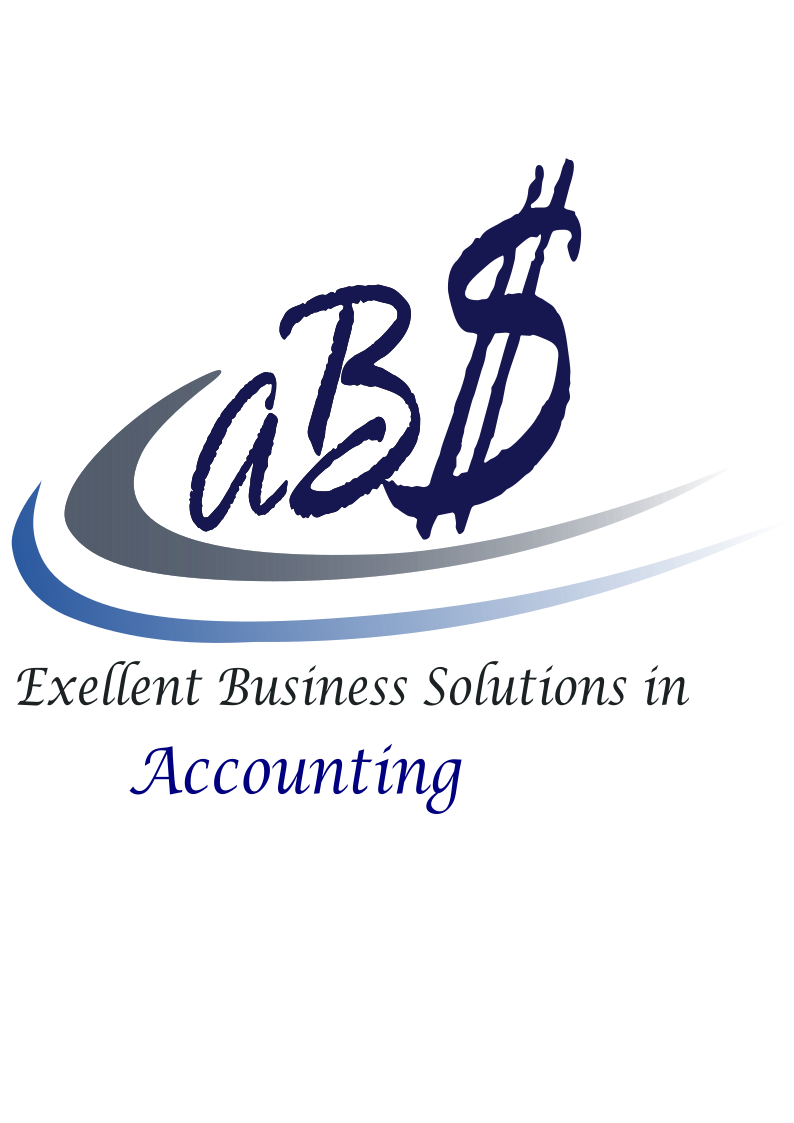Cryptocurrency - Tax Implications explained

The following cryptocurrency are recognized as taxable assets in Canada:
Bitcoin
Ethereum
Solana
XRP
The CRA recognizes that cryptocurrency uses blockchain technology which creates a permanent and indelible record of all transactions, reducing the need for financial institutions to verify transactions. It creates a decentralized network where computers are connected as equals, with shared processing, control and access to data and devices.
The tax obligations of digital currencies differ when received as income (business or employment income), held as an investment, or used to purchase goods or services.
Also, examining the use of digital currencies as a form of money can help the CRA, determine if other taxation rules such as those for foreign currencies should apply to them.
In other words, the tax treatment of digital currencies varies depending on how they are received, invested, or used for purchasing.
Taxation as an employment income
According to the CRA, an employer is required to provide reasonable evidence demonstrating the manner in which bitcoin is valued for purposes of employment income, the Canada Pension Plan and the Employment Insurance program.
The FMV (fair market value) of the cryptocurrency at the time it was received by employee must be included in the taxpayer's income for the relevant tax year.
As well, it stated that any profit an employee makes on the sale of bitcoin received from his/her employer is considered to be a capital gain.
Taxation as a business income
Cryptocurrency can be bought, sold, or exchanged and in such cases cryptocurrency is to be treated as a commodity for income tax purposes.
Whether such gains or losses are taxable as income or capital will depend on the facts surrounding the transactions.
Tax consequences are determined by considering the following factors:
- the intention of the taxpayer
- the nature of and the frequency of the transactions
- the period of ownership
- the relationship, if any, between the cryptocurrency transactions and the taxpayer's ordinary business
- the time spent engaged in cryptocurrency activities
- the taxpayer's expertise and knowledge of cryptocurrencies
- the type of financing that is required to support the taxpayer's cryptocurrency activities
- whether the taxpayer has advertised that is involved in crypto currency trading.
For taxpayers who are in the business of trading digital currencies (who actively and regularly speculates in cryptocurrency, such as a day trader), the full value of the transaction is included as income and any losses are deductible against any income earned.
Taxation through earning cryptocurrencies as mining
The CRA commented that bitcoin “mining” is currently treated as “the production of inventory” and tax is not paid until the bitcoin is sold.
Mining is a process that uses computers or specialized hardware to confirm cryptocurrency transactions. A miner will group valid transactions into blocks and if these blocks are accepted by the corresponding cryptocurrency’s network, they become part of a public ledger on the blockchain.
At this point, the miner usually receives two types of payments in cryptocurrency. The first is income for the creation of a new cryptocurrency, and the second is a payment for the successful validation by the miner. Those who perform the mining processes are paid in the cryptocurrency that they are validating.
Mining may have tax implications. The income tax treatment for cryptocurrency miners is different depending on whether your mining activities are a personal activity (a hobby) or a business activity. This is decided on a case-by-case basis.
Taxation as an Investment
The CRA considers buying and selling digital currencies as equivalent to buying and selling commodities like copper. 50% of the capital gains from their sale are considered income and 50% of capital losses can be used to offset capital gains.
The capital gains taxation rules apply when bitcoin is considered to be personal property.
Taxation as a payment for goods or services
CRA treats digital currencies as a commodity or property, and therefore for income tax purposes, a barter transaction rules apply. A barter transaction is affected when any two persons agree to a reciprocal (done in return) exchange of goods or services and carry out that exchange usually without using money.
Keep in mind that if digital currencies are accepted as a method of payment, they are taxable if earned through a “business.” Sales taxes may apply and must be recorded, remitted, and paid to the government by the service provider.
Also, GST/HST is determined based on the FMV (fair market value) of the cryptocurrency at the time of the exchange.
Additional considerations:
Please note that the Bitcoin Foundation Canada warned that Bitcoin could face double taxation if it is considered a commodity and taxed as capital gains, then also considered a currency for GST purposes.
It also highlighted that fluctuations in the prices of digital currencies make valuations more challenging, but digital currency prices are publicly available. However, the significance of maintaining accurate records is high.
In summary taxation of crypto currency should be based on the digital currency’s use; it would be subject to capital gains tax if held as an investment and to sales tax when used as a currency. Reporting gains as capital gains is tax-advantageous due to the lower capital gain inclusion rate, while reporting losses as business losses can be fully utilized to reduce taxable income. Capital losses, like capital gains, are only half taxable.
Importance of keeping records:
Therefore, there is a great significance of maintaining comprehensive records for cryptocurrency transactions for traders, miners, and stakers to prevent potential tax audit issues from the CRA and protect themselves.
Trading, selling, and mining cryptocurrency have significant tax consequences.
As an example, in 2020, the US Securities and Exchange Commission filed a complaint against Ripple Labs, arguing that XRP was a security and not a commodity, which has significant regulatory and tax implications. Ripple Labs is now one of the largest cryptocurrencies by market capitalisation. Ripple products are designed to allow users – primarily financial institutions – to transfer money from any currency to any other currency in a matter of seconds, anywhere in the world.
Proper record keeping is critical in determining the characterization of a transaction as a capital gain or business income in a dispute with the CRA.
Without proper records, it will be difficult to prove your case and the CRA may classify the transaction in a way that results in a larger tax bill. Detailed records prevent this outcome. It's also important to keep records of the purpose of each transaction, as multiple transactions can create the appearance of artificially increasing trade volume.
Record Keeping Requirements
The CRA recently listed crucial information that cryptocurrency traders should keep on record. The agency outlined that traders must record:
- Transaction ID
- Date of transaction
- Cryptocurrency Type
- Purchase price per 1 unit
- Fees for trading cryptocurrency
- Software costs related to tax management
- Exchange rate
- Selling price
- Selling fee, Accounting and legal costs
- Value of cryptocurrency in Canadian dollars
- Cryptocurrency units sold
- ACB (Adjusted Cost Base)
- Proceeds of disposition
- Profit/Loss
- Type of Income (Business, Investment, property sell - capital gain)
- Justification
- Cryptocurrency addresses
- Receipts for purchasing or transferring cryptocurrency
- Wallet records
Miners must also keep records of:
- Receipts for purchasing cryptocurrency mining hardware
- Receipts for expenses related to mining
- Mining pool contracts and records
- Other records of mining activities
- Disposal of cryptocurrency earned through mining
Download a free Microsoft Excel spreadsheet template for Cryptocurrency to
calculate your profit from cryptocurrency transactions
Section 230 of the Income Tax Act mandates Canadian taxpayers to maintain adequate records for a minimum of six years. This obligation is applicable to anyone obligated to pay or collect income tax, including those who conduct business in Canada but are not tax residents. The record-keeping requirement ensures that the records are sufficient to calculate the amount of income tax payable and must be stored at the taxpayer's place of residence or business.
Foreign Property Reporting with T1135
The foreign property requirement is another important reason to maintain records of your cryptocurrency holdings.
Taxpayers who have more than CAD $100,000 in designated foreign property must fill out a T1135 Form.
In 2015, the CRA determined that cryptocurrencies like Bitcoin, Ethereum, Solona, and Polkadot are considered "funds or intangible property". Therefore, if the cryptocurrency is held, located, or stored outside of Canada (unless used for business purposes), it is classified as designated foreign property.
Thus, if a Canadian tax resident holds cryptocurrency with a cost base of $100,000 or more, they must report it on the T1135 Form.
It's crucial to keep in mind that the $100,000 threshold is an aggregate value. For instance, if a taxpayer holds foreign real estate worth $95,000 and cryptocurrency worth $5,000, they still need to fulfill the reporting requirement.
Immigrating to Canada - the Deemed Acquisition Rule
When a person becomes a Canadian resident, all assets (except taxable Canadian properties) are deemed to be sold and re-acquired (repurchased) at FMV - fair market value.
Taxable Canadian properties, such as Canadian real estate, Canadian business property, Canadian shares, and Canadian resource property, will retain their original cost as the cost basis.
The immigrant will determine the capital gain or loss based on the fair market value at the date of immigration.
It's recommended that individuals moving to Canada create an inventory of their assets and determine their market value at the time of entry to ensure proper tax calculation later on.
In that scenario, the value of all cryptocurrency assets is determined as of the date of immigration to Canada.
If you require any help or assistance with filing tax returns for your cryptocurrency transactions, please reach out to us.
Disclaimer:
“Please note that the information provided in this article is of a general nature and may not be accurate for your specific situation. The information is current as of the date of posting and is not intended to provide legal advice. It's always recommended that you consult with a professional accountant and lawyer for personalized guidance and advice."



